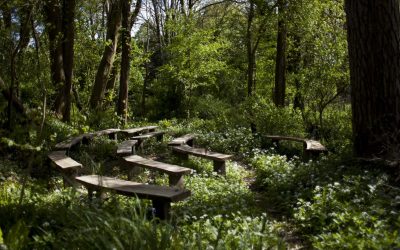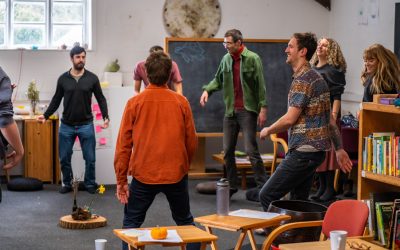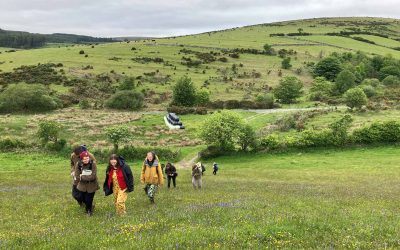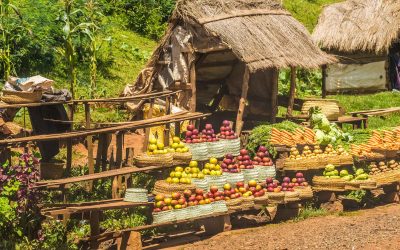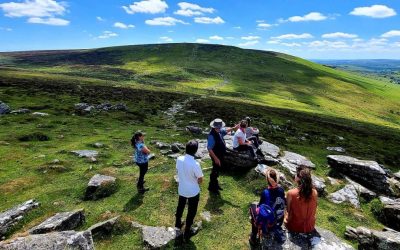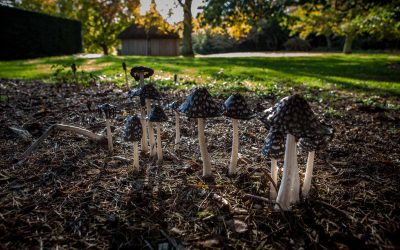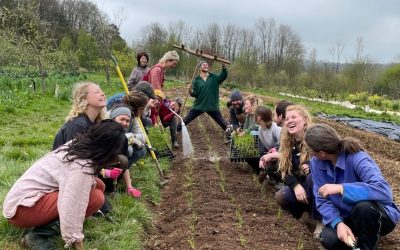As a student at Dartington Trust, you will experience a learning community like none other – one that provides an active and deeply immersive learning experience; connections to a global network of leading thinkers, teachers, makers, growers, and activists; and a generative catalyst for using your skills to make meaningful change in communities around the world.
Join our learning community today to start your own journey of change and transform your ideas into action!
JUMP TO: POSTGRADUATE ⇓ | UNDERGRADUATE ⇓
postgraduate courses
Our postgraduate programmes are tailored to help students craft their learning experience to meet their individual goals. They are delivered by our two faculties, Schumacher College and Dartington Arts School.
Dartington arts school courses
Poetics of Imagination
MA | PGDIP | PGCERT
Explore story and culture, examining how we have conjured stories from the earliest times to the present day. The course is centred around oral telling and opens to a broader spectrum of arts, examining the work of ancient to contemporary storytellers, writers and artists.
Arts and Place
MA | PGDIP | PGCERT
Open to practitioners and curators working in any art form including performance, writing, soundart, moving image, photography, digital art and fine art, this course puts particular emphasis on collaborative practice in response to an expanded understanding of place, via a unique residency-based programme.
schumacher college courses
Transformative Education
COURSE UNDER REVIEW
This postgraduate degree opens up our distinctive learning model to train educators, teachers and curriculum designers in the principles of an ecological approach to education.
Regenerative Food, Farming and Enterprise
COURSE UNDER REVIEW
This radical new course is designed to help you develop your knowledge and understanding of resilient human-scale food systems and learn the skills needed to design, influence or develop resilient, productive food-based networks and businesses of your own. With an ecological and systemic approach, you will carve out a path towards making a positive contribution to the food economy.
Regenerative Economics
MA | PGDIP | PGCERT
Regenerative Economics challenges and offers alternative perspectives to mainstream economics programmes – by looking through the lens of ecology as if both people and planet mattered equally.
Movement, Mind and Ecology
MA | PGDIP | PGCERT
Explore the rich intersection of embodied practice, environmental philosophy and ecological thinking with this distinctive new course. The first of its kind, the MA programme encourages you to use your own physical engagement with the world to reshape your understanding of place, nature, self and society, with the help of world-renowned experts from a wide range of physical pursuits.
Engaged Ecology
COURSE UNDER REVIEW
A radical programme for students looking to reconsider their relationship with the more-than-human and find solutions to the environmental and social crises of our time. The course equips you with the skills to engage practically in the field, while also allowing you the time and space to develop a personal understanding of the interconnected nature of the world.
Ecological Design Thinking
MA | PGDIP | PGCERT
Be active and transformative within organisations, communities, economics and education as we meet the challenge of transitioning to low carbon, high well-being and resilient places and systems. Never has there been a more important time for a new approach to design.
undergraduate courses
Our postgraduate programmes are tailored to help students craft their learning experience to meet their individual goals.
Regenerative Food and Farming
BSC (HONS) | DIPHE | CERTHE
The BSc in Regenerative Food and Farming gives you the opportunity to explore leading-edge alternatives to mainstream agricultural practices and food systems, through a programme of integrated experiential learning, study alongside expert faculty and practitioners, meaningful work placement, and guided independent projects.

